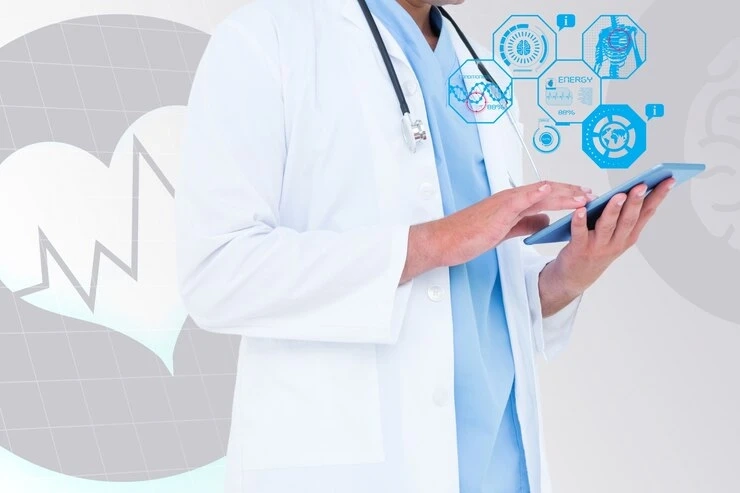The integration of technology in healthcare has emerged as a game-changer in optimizing medical billing processes and enhancing revenue generation for healthcare providers.
With the constant evolution of digital solutions, innovative tools and strategies are reshaping the way medical billing is approached. Medical billing software offering unparalleled opportunities for efficiency, accuracy, and financial success.
Top Opportunities with Technology in Medical Billing
1. Accelerating Claim Processing and Reimbursement
Traditional paper-based billing methods are notorious for their sluggishness and susceptibility to errors, leading to delays in claim processing and reimbursement. However, the adoption of electronic health record (EHR) systems and billing software has revolutionized the billing landscape, enabling healthcare providers to submit claims electronically and receive payments more swiftly.
These digital solutions automate various aspects of the billing process, from coding and claim submission to tracking and reconciliation, reducing the time and resources required to manage billing tasks. By streamlining claim processing and accelerating reimbursement cycles, technology empowers healthcare organizations to optimize cash flow and improve revenue liquidity.
2. Harnessing Artificial Intelligence for Coding Accuracy
Accuracy in medical coding is crucial for ensuring that healthcare services are appropriately billed and reimbursed. Manual coding processes are not only labor-intensive but also prone to human error, leading to coding discrepancies and revenue loss. However, the advent of artificial intelligence (AI) and machine learning algorithms has revolutionized medical coding, offering unparalleled accuracy and efficiency.
AI-powered coding solutions analyze clinical documentation and automatically assign the most relevant diagnostic and procedural codes, significantly reducing the burden on coding staff and minimizing coding errors. These advanced algorithms continuously learn and adapt to evolving coding guidelines and regulatory requirements, ensuring compliance and maximizing revenue capture for healthcare providers.
3. Personalized Patient Financial Engagement
In today's consumer-centric healthcare landscape, patient financial engagement plays a pivotal role in revenue optimization. Technology-enabled solutions, such as patient portals and mobile applications, empower patients to access their medical bills, review payment options, and communicate with billing representatives conveniently.
Moreover, personalized billing statements and financial counseling services help patients better understand their healthcare expenses and navigate complex insurance policies, leading to increased patient satisfaction and timely payments. By fostering transparent and collaborative financial interactions, healthcare providers can strengthen patient relationships and enhance revenue collection efficiency. With healthcare revenue cycle management software providers and admins can also get great help in analyzing and framing personalized revenue cycles.
4. Predictive Analytics for Revenue Optimization
Predictive analytics has emerged as a powerful tool for healthcare providers seeking to optimize revenue generation and financial performance. By analyzing vast amounts of data, including patient demographics, billing history, and reimbursement trends, predictive analytics algorithms can forecast future revenue streams and identify opportunities for revenue optimization.
These advanced analytics insights enable healthcare organizations to proactively address revenue leakage, mitigate financial risks, and implement targeted interventions to enhance revenue cycle efficiency. By leveraging predictive analytics to make data-driven decisions, healthcare providers can achieve sustainable revenue growth and maintain financial resilience in a dynamic healthcare landscape.
Conclusion
The integration of technology into medical billing and revenue management is reshaping the healthcare industry, offering unprecedented opportunities for efficiency, accuracy, and financial optimization. By leveraging digital solutions to accelerate claim processing, harness AI for coding accuracy, personalize patient financial engagement, and harness predictive analytics for revenue optimization, healthcare providers can unlock new avenues for revenue generation and financial success.
As technology continues to advance, healthcare organizations must embrace innovation and adopt cutting-edge solutions to thrive in an increasingly competitive market. By harnessing the power of technology-driven approaches to medical billing, healthcare providers can navigate financial complexities with confidence and deliver exceptional value to patients and stakeholders alike.
Further, click here to read more details on AI Software Development Use Cases



